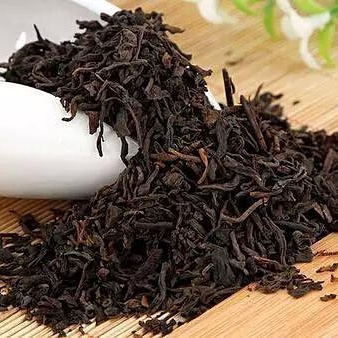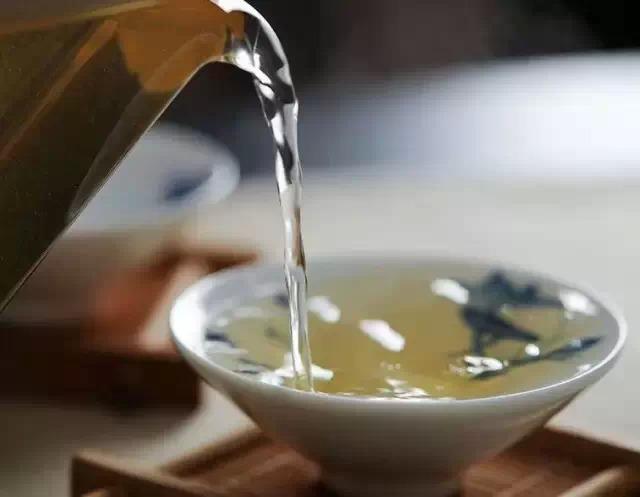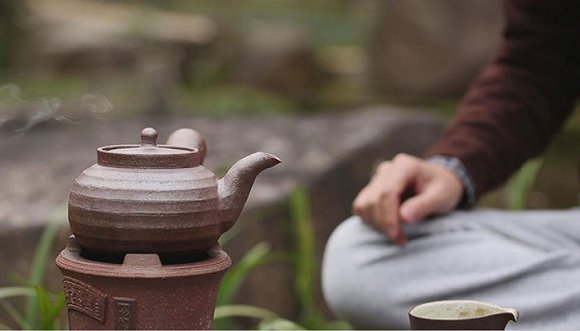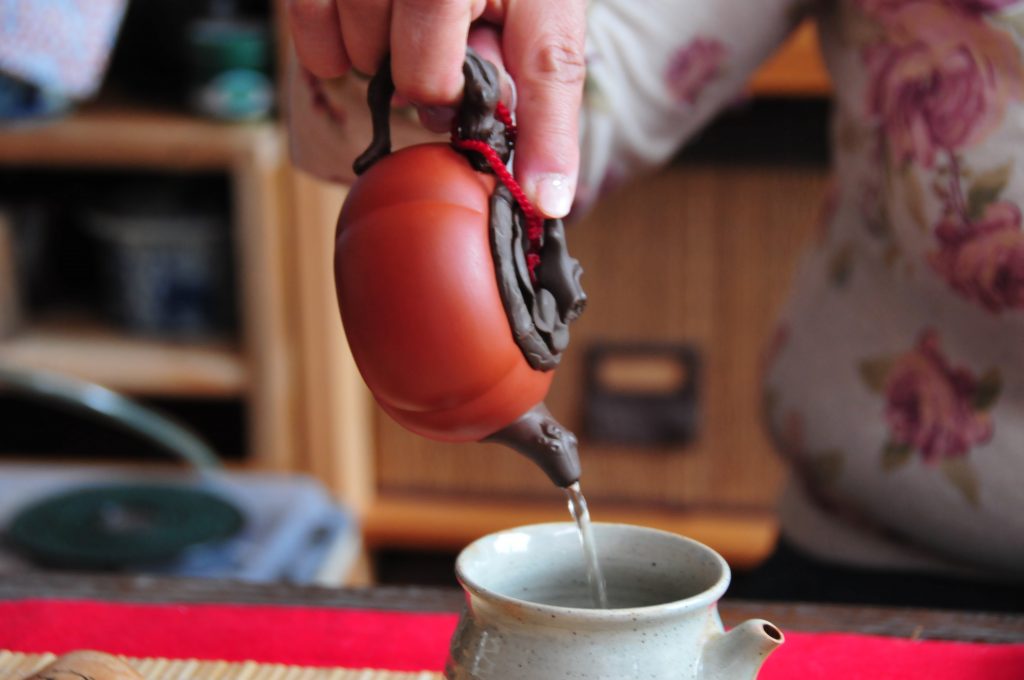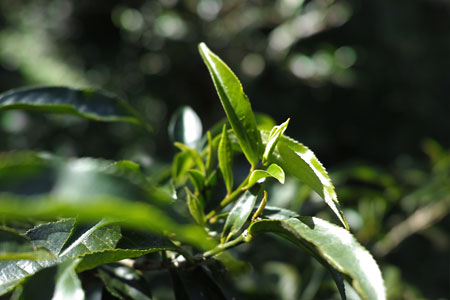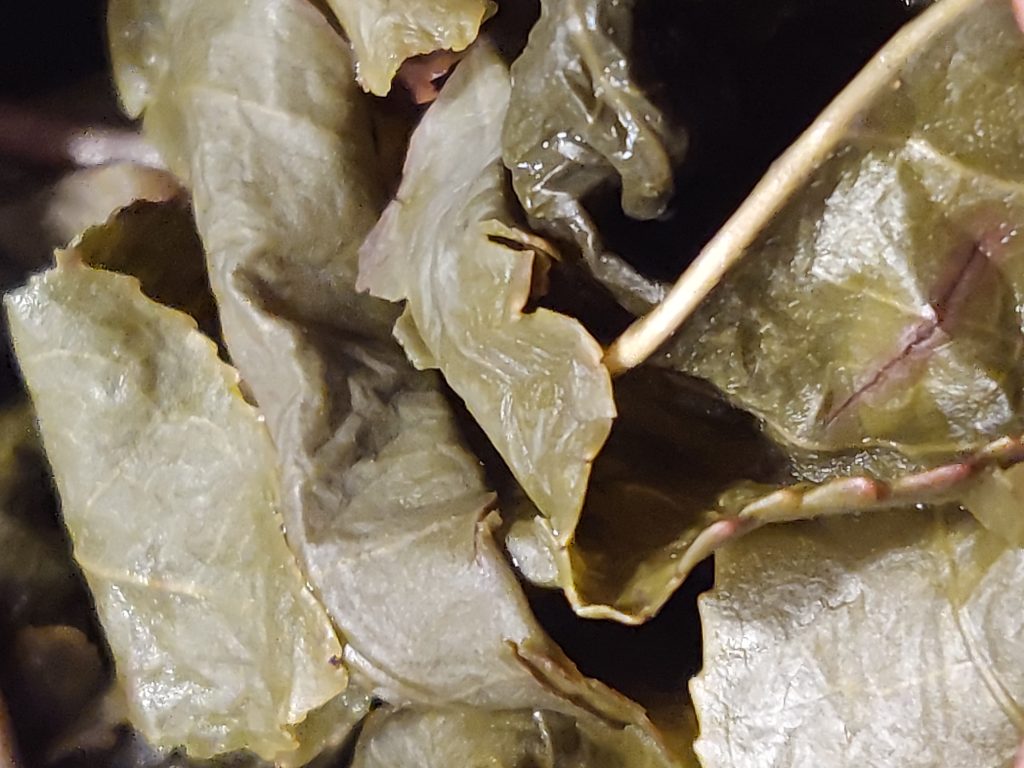What is Chinese Tea Arts? In short we can consider “Tea Arts” as different forms of “Tea Ceremony”.
The essence in learning Chinese tea arts is more than deepening the learning of different types of tea, it is more than how to arrange the tea setting nicely in elegant way, you learn much deeper and more when enjoying the unique fine and nature authentic flavors and taste in tea, moreover you learn how to engage the inner peace with a cup of tea.
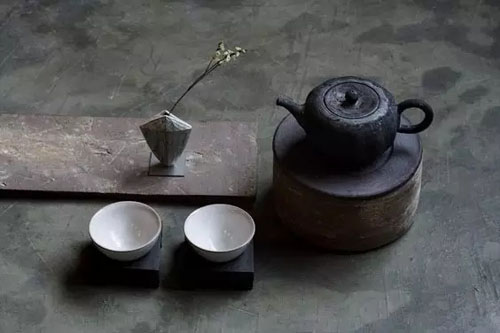
Tea and tea culture began from China more than 4000 years ago, tea ceremony has gone through different cultural evolutions in China history, we can briefly define the Chinese tea arts in following styles
- Eating tea – some ethnic groups in China are still keeping this ancient tea traditions today
- Boiling tea – the fashionable tea ceremony in Tang Dynasty
- Whisking tea – the fashionable tea ceremony in Song Dynasty which Japanese monks brought back to Japan, further refine and practice in Japanese Cha Dao today
- Brewing in small tea pot – Began popular since Ming Dynasty (porcelain small teapot and Yixing teapot)
- Brewing with Gaiwan – one simple tea ware allow us to brew all tea types
- Brewing tea in Gongfu tea style (ChaoZhou style and Taiwan style)
- Traditional brewing tea in a glass – highly recommended for premium quality green or yellow tea
- Simplified daily easy tea ceremony – it is about how one can take time to enjoy a quality tea time
Chinese culture emphasizes the humane values through self disciplines, appropriate social behaviors with good and respectful manners that embed the collectural beauty in the society.
Mei Lan Hsiao

It’s hard to separate the development of tea arts with various developments in art, literal, phyilosophies, living wisdom and social behavior teachings… all of these have enriched the cultural development in China history. It’s hard to say whether it was tea influenced art developments or art developments stimulated the variety development in different types of tea and tea arts in Chinese culture. No matter what the relationship of tea with the mother Nature, shaping the human values, stimulates the sustainable culture development, living wisdom from calming individual to shape the peace in the society is like a circle that has neither beginning nore end. The question is from which point you like to pick up the life time learning with a cup of tea.
How well to manage the choice of tea type and tea quality are critical for specific tea ceremony. Through the learning of tea arts, it refreshes the learning of tea; the practice of Chinese tea arts (Chinese tea ceremony) facilitates the practice of Chinese Cha Dao that eventually leads to the practice of mindfulness in body and mind while enjoying fine flavours and taste in a cup of tea.


